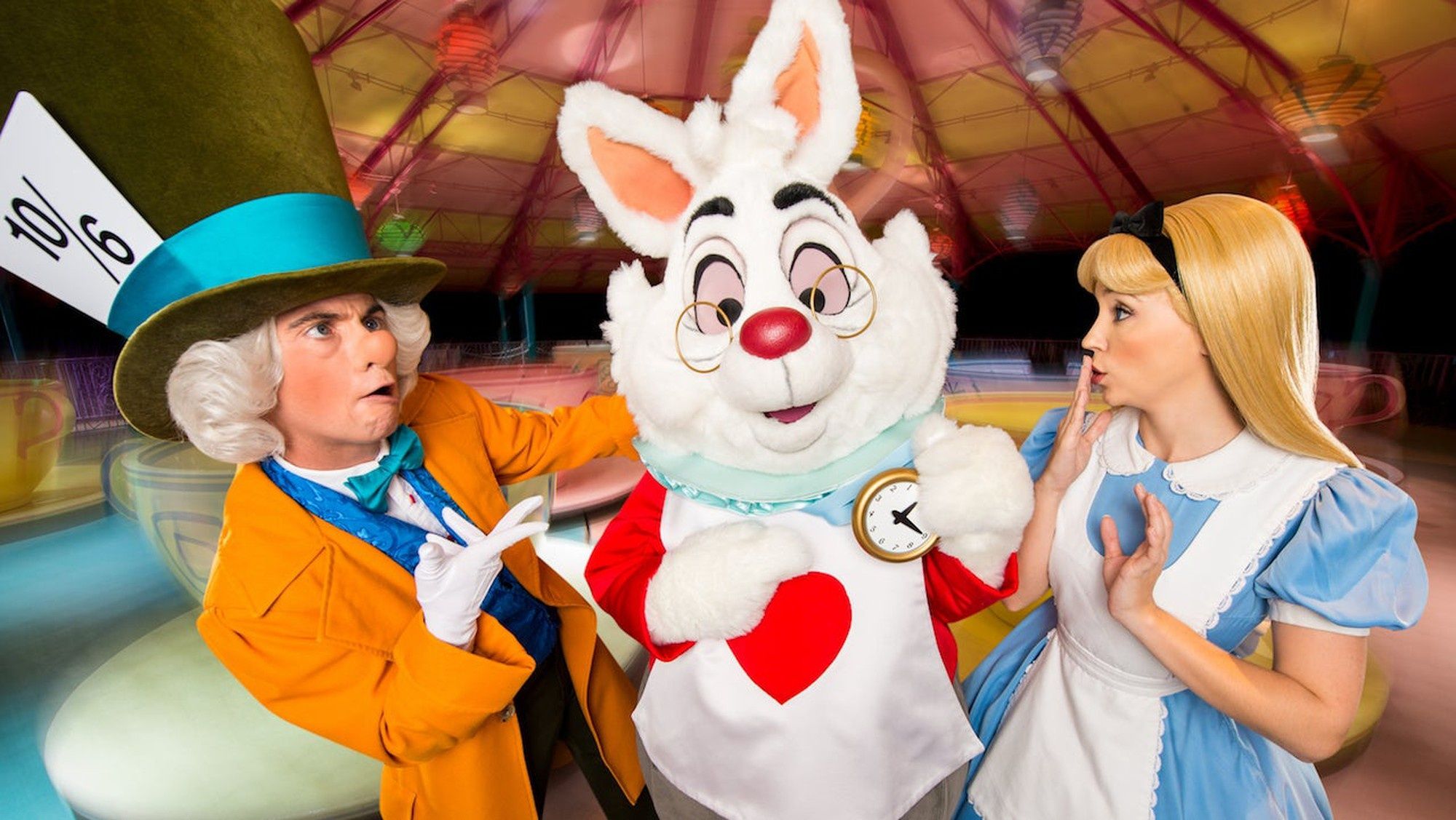The new normal isn't what it used to be for folks purchasing year-round access to Central Florida theme parks. As encouraging -- or crazy -- as it may seem to see the state's iconic gated attractions opening back up over the past two months, a lot of Disney (DIS +0.30%), Comcast's (CMCSA +0.44%) Universal Orlando, and SeaWorld Entertainment (SEAS +1.89%) passholders aren't happy to be paying full price for diluted experiences.
You can dismiss the gripes clogging social media as petty. We're in a pandemic. Florida is a hotbed of COVID-19 cases, hospitalizations, and deaths. How dare folks complain about having to jump through park reservation hoops, nixed benefits, and having to spend hours on hold for answers or resolutions. Well, since passholders are now back on the clock and paying full rates, the arguments are valid, if not understandable. Let's break down the matter and see if the businesses will suffer as a result of the bubbling discontent.

Image source: Disney.
Park place
Passholders pay what amounts to as little as $0.30 a day (for a SeaWorld Orlando Fun Card) to as much as $6 a day (for a Disney Premier Passport, which includes access to Disney World and Disneyland) for a year of access, so it's easy to see why the parks have prioritized other visitors. Single-day visitors can spend as much as $174 for a one-day ticket, and folks staying at an on-site resort will be paying even more for the total experience. With theme parks limiting guest counts to between 20% and 30% of their regular capacity levels, it makes sense for passholders to be playing second fiddle. Disney has actually suspended the sale of many of its annual passes.
There are pressure points that are unique to each situation. Disney World annual passholders are only allowed to reserve three days of upcoming park visits at a time, and that basket of availability is more limited than what day or resort guests (who admittedly are paying far more per day) get to pull from. They also can't visit more than a single park a day, a shift from the "park hopper" perk of the past.
SeaWorld Entertainment's parks in Orlando and Tampa have been closing two days a week since reopening on June 11, so passholders are not getting 365 days of access. Comcast's Universal Orlando is faring the best out of the three major operators in delivering on the original experience, but the same can't be said for its high-end Premier pass, which costs between $150 to $190 more a year than its second-tier offering. Most of the Universal Orlando Premier pass perks that set it apart from cheaper options are no longer currently available. There is no complimentary valet parking at Universal Orlando, and the complimentary ticket to Halloween Horror Nights on select nights is now off the table since Comcast cancelled the seasonal event for 2020. There is access to the park's expedited queues after 4 p.m., but with the parks closing a lot earlier than in previous summer seasons, the value of that perk is also diminished.
The companies are fully aware of the disenchantment percolating on social media, even if their focus right now is navigating the tricky road of keeping their parks operating and safe in this thorny operating climate. Disney World added an extra 30 days -- beyond the 117 days of closure -- to its annual passes. SeaWorld added new benefits and temporary upgrades. However, confusion and frustrations remain for those attempting to cancel their passes. There are a lot of things that theme park operators got right in what has turned out to be the controversial art of unlocking their turnstiles in this lost summer, but it's also clear that many of the industry's biggest fans aren't satisfied. Right now, it may not seem to matter given the limited capacity. However, as restrictions ease, it's possible that demand will not rise with the uptick in supply. Winning back passholders -- in a global recession no less -- won't be easy for Disney, SeaWorld, and Comcast's Universal Studios.








